
Scientists Discover a Brain Receptor That Acts as a Natural Shield Against Alzheimer’s
A remarkable discovery may explain why some people seem to have a natural shield against the devastating effects of Alzheimer's disease. Researchers at University of California, San Francisco (UCSF) have identified a specific receptor — named ADGRG1 — that empowers immune cells in the brain, called microglia, to more effectively clear away the sticky amyloid-beta plaques widely believed to drive Alzheimer’s. When microglia are rich in ADGRG1, they appear to protect the brain, slow down the accumulation of toxic plaques, and help preserve memory and cognitive function.
In experiments with mice, the absence of ADGRG1 led to alarmingly rapid plaque buildup, pronounced brain degeneration, and severe impairments in learning and memory. Conversely, when ADGRG1 expression was high, microglia were significantly more efficient at cleaning amyloid deposits, preventing many of the neurodegenerative changes otherwise seen.
Corroborating these findings, analyses of post-mortem human brain tissue revealed a similar pattern: individuals in the early, mild stages of Alzheimer’s often had relatively high levels of ADGRG1 in their microglia, while those with advanced disease showed markedly reduced expression. This suggests that ADGRG1 may play a protective role — or, at least, that losing it could accelerate progression of the disease.
What makes ADGRG1 especially promising is that this receptor belongs to a broader family of G protein-coupled receptors (GPCRs), many of which are already targets of existing drugs — from blood pressure medications to psychiatric treatments. This means there is a realistic possibility of developing therapies designed to boost ADGRG1 function, effectively “supercharging” microglia to defend the brain even in those who are genetically predisposed to Alzheimer’s.
While this approach won’t immediately cure Alzheimer’s, it has the potential to fundamentally shift how the disease is managed: from trying to treat it after symptoms appear, to strengthening the brain’s natural defenses years — or even decades — earlier. If successful, ADGRG1-based therapies could one day slow or prevent the progression of Alzheimer’s over a person’s entire lifetime — a paradigm shift for millions at risk.
News in the same category

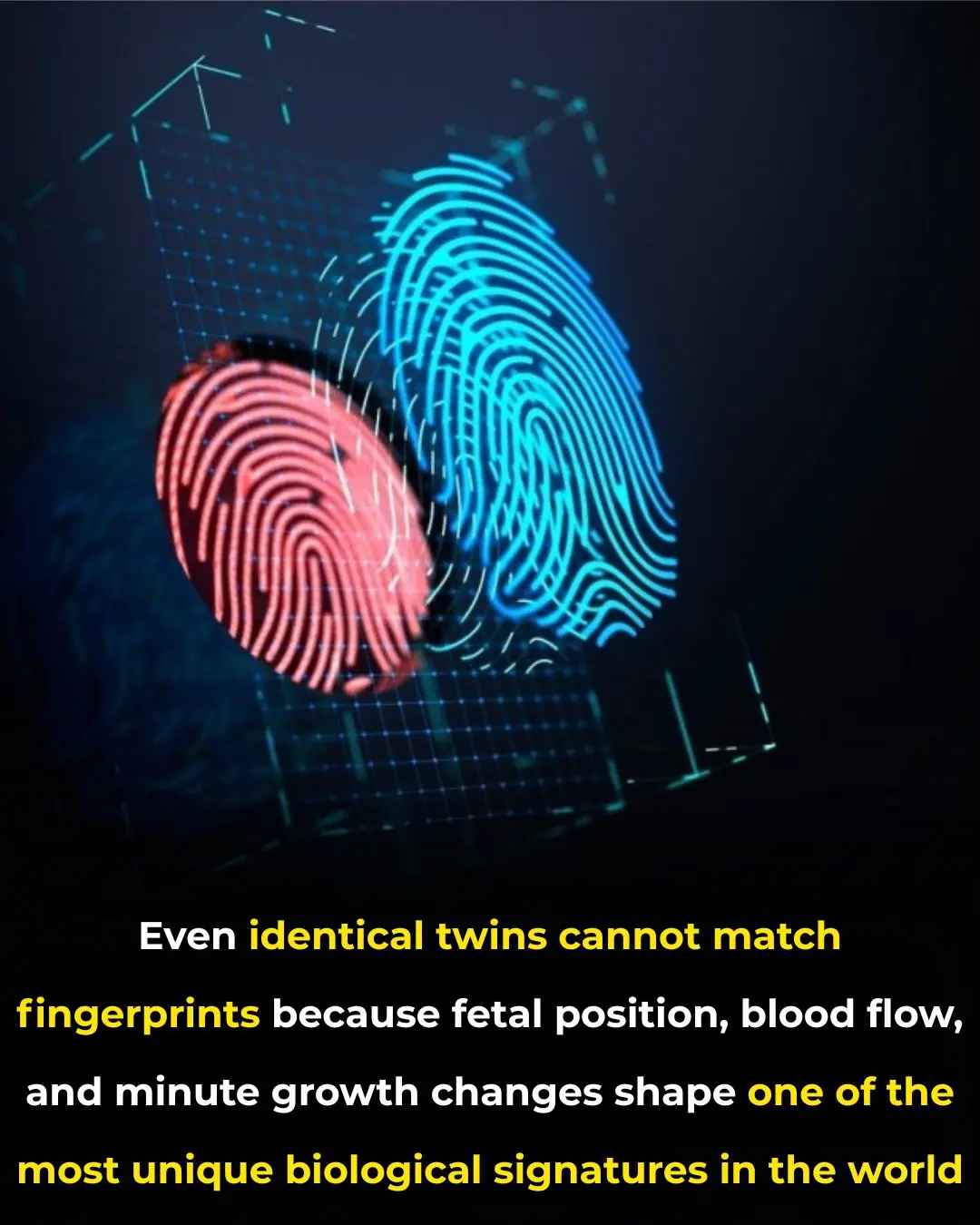
Fingerprint Individuality: A Story Written by Biology, Environment, and Chance
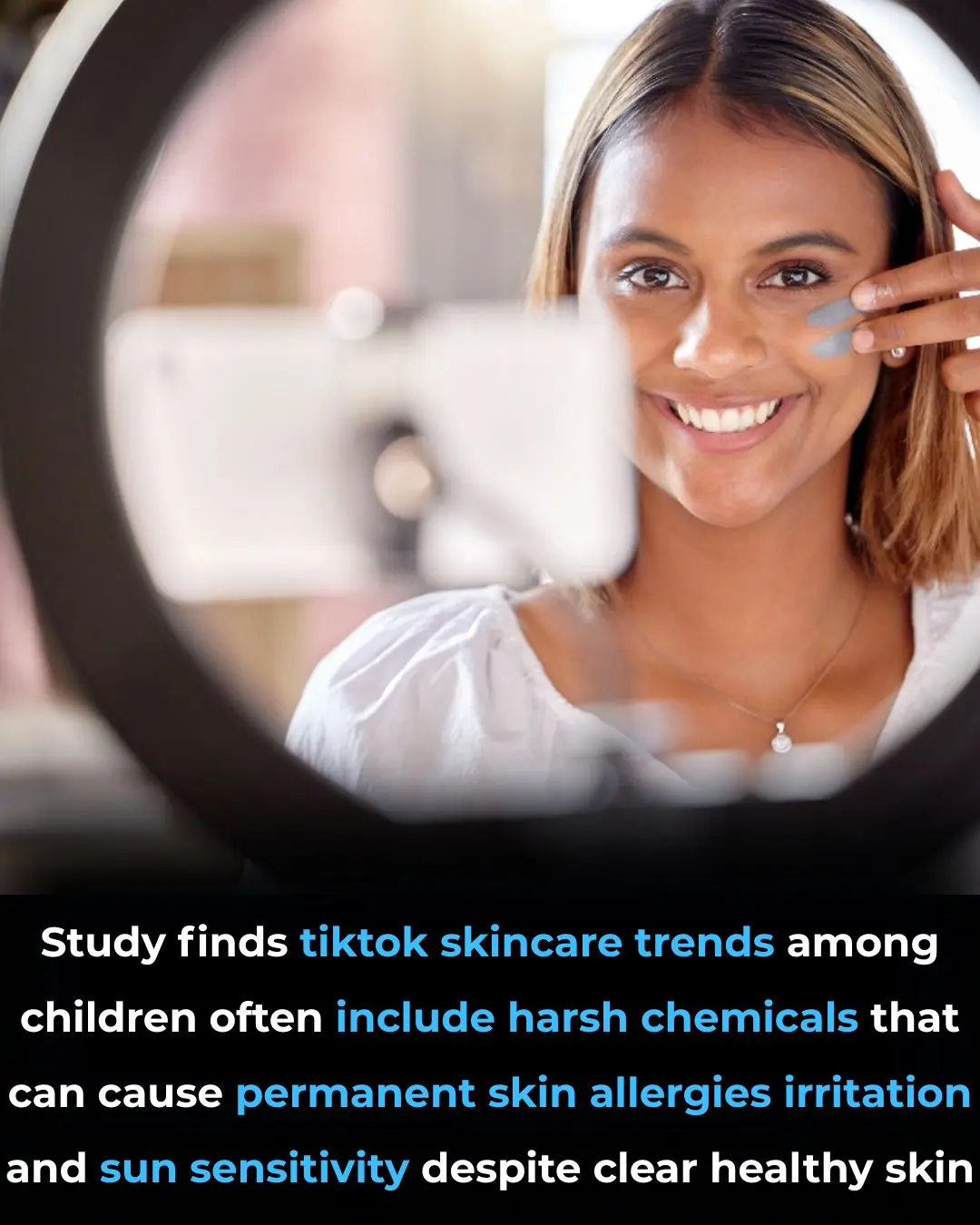
Northwestern Study Reveals Hidden Dangers in Youth Skincare Influencer Culture

A Fluorescent Breakthrough: New Dye Helps Surgeons Precisely Target Prostate Cancer

The Shocking Secret of Spider Flight: How Electric Forces Lift Them Into the Sky

When a Humpback Whale Became a Hero: The Extraordinary Rescue of Marine Biologist Nan Hauser

🤯 Beyond the Void: How Quantum Physics Suggests the End of Life Is an Illusion

🧠 Medical Marvel: The Bullet That Accidentally Cured Severe OCD

If you kiss a deceased loved one, you should know that it causes ...

When a Woman Bites Her Lip While Staring at You, It Means She Is ...

3 flowers that make snakes tremble with fear — beautiful and safe to plant around your home

Meet Jonathan: The 192-Year-Old Tortoise Who Has Witnessed History and Continues to Inspire
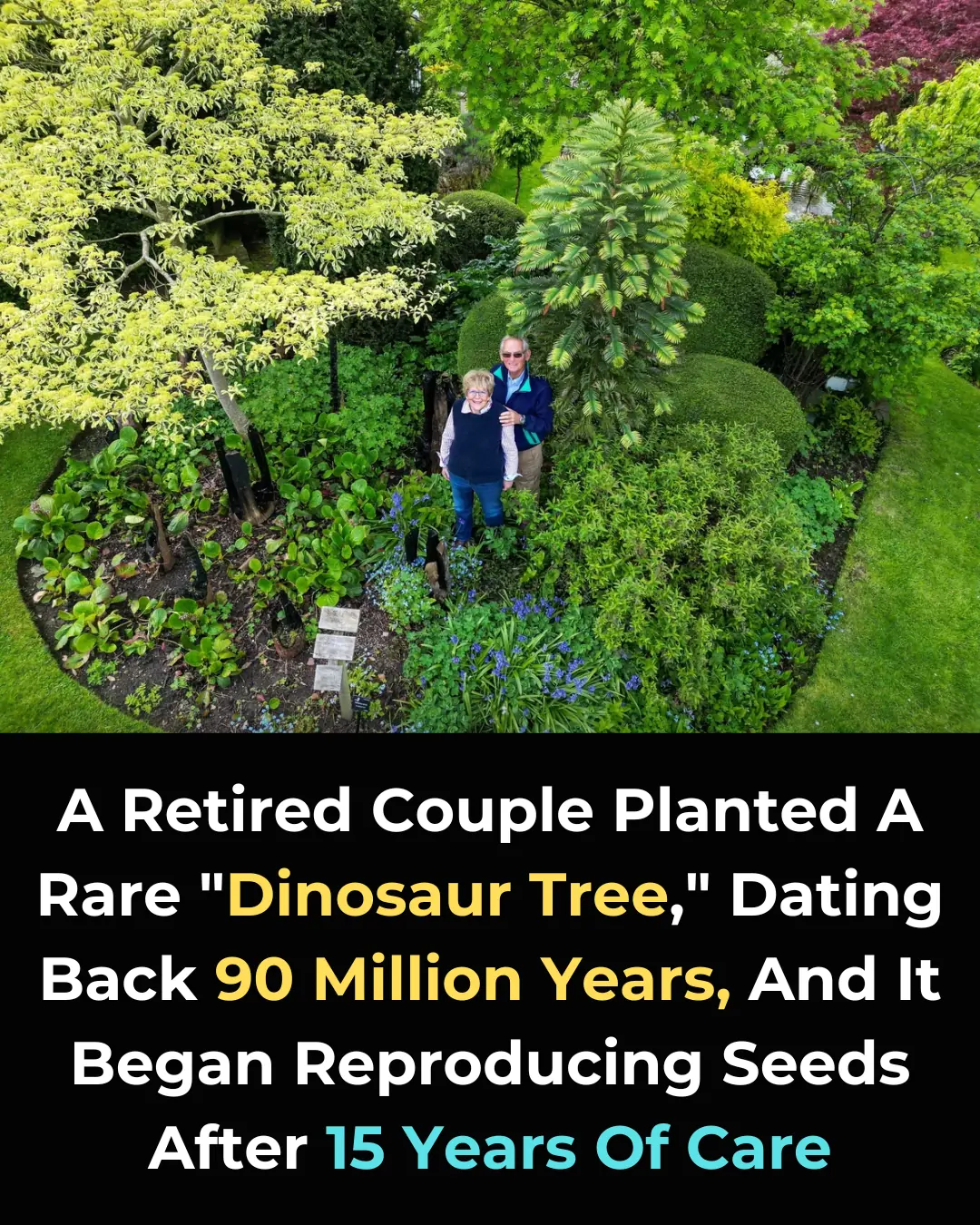
Retired Couple in UK Successfully Nurtures 90-Million-Year-Old Wollemi Pine, Leading to Its First Reproduction Outside Australia
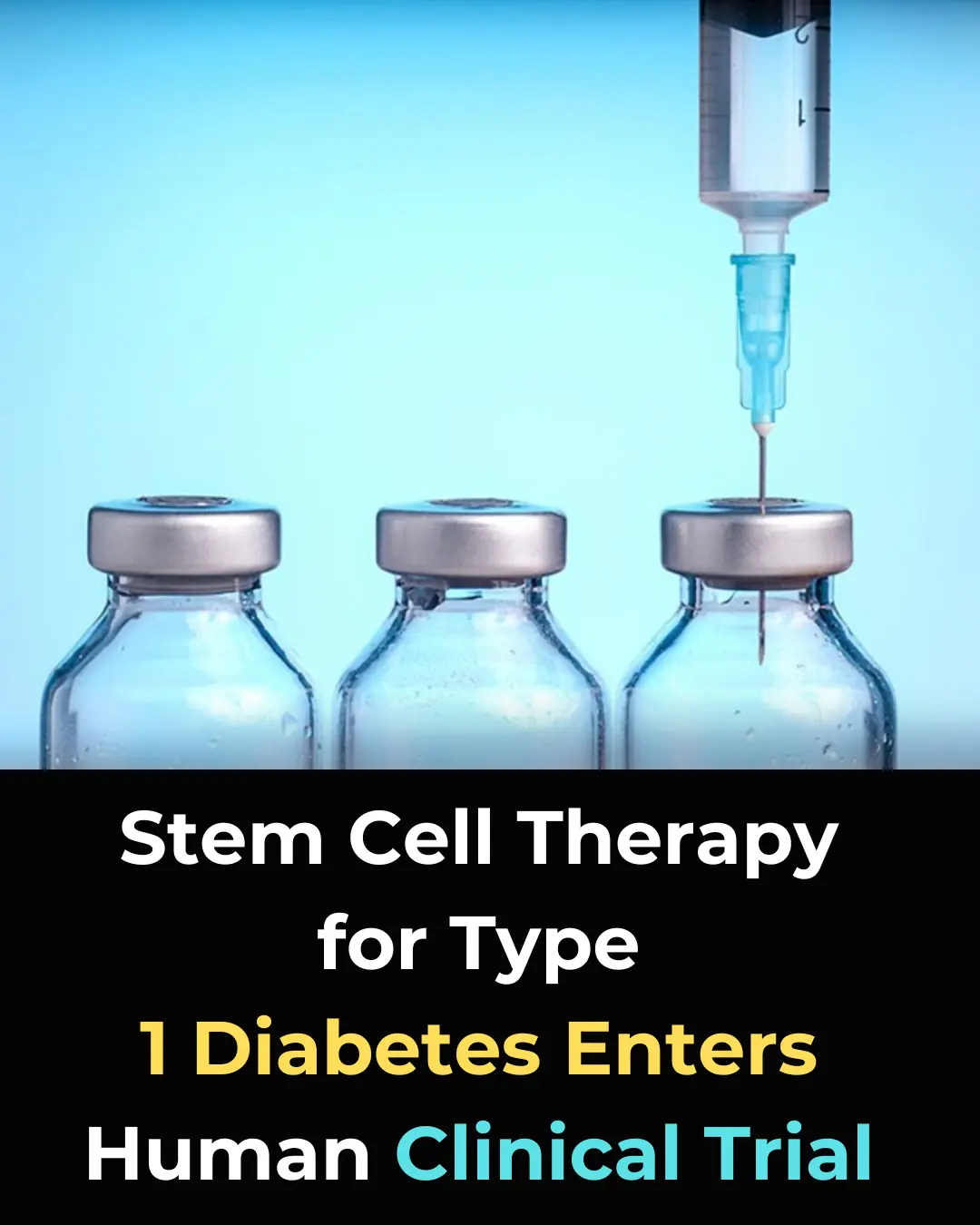
Stem Cell Therapy for Type 1 Diabetes Shows Promise in Human Clinical Trials

Have you noticed small white spots on your arms or legs… and you don't know what they are?

How Guyana Became the Only Nation Fully Self-Sufficient in All Seven Major Food Groups

Donald Trump's new scarf leaves everyone saying the same thing
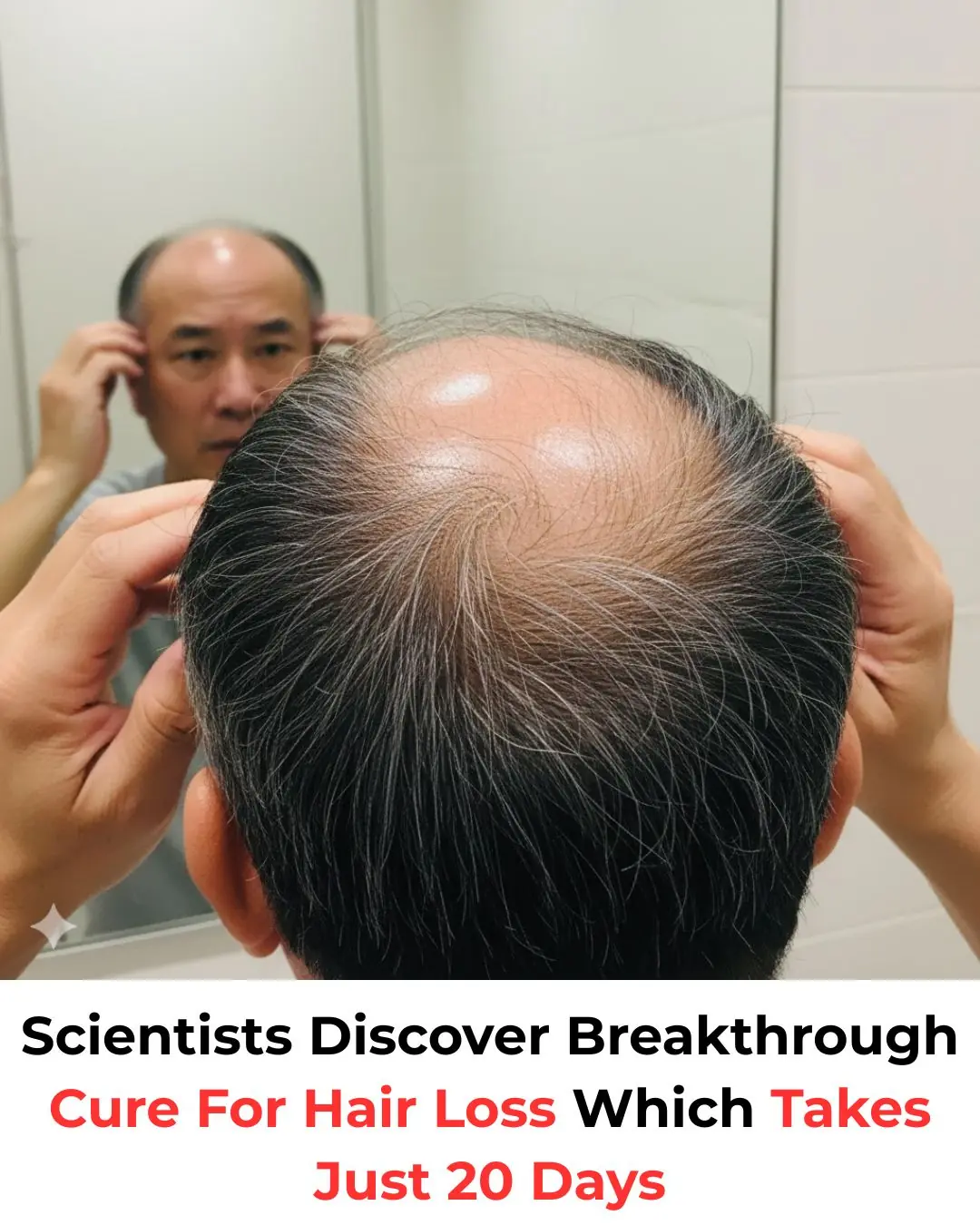
Scientists May Have Just Found a Breakthrough Hair-Loss Treatment

Panama's Marine Collapse: The End of a Key Ocean Upwelling System and What It Means for the Future
News Post

Study Finds Parents Show More Affection to Daughters Than Sons Worldwide

US Researchers Develop Ultra-Light Metal Foam That Stops Armor-Piercing Bullets

🛁 Say Goodbye to the Shower: Japan Unveils the 15-Minute "Human Washing Machine"

Fingerprint Individuality: A Story Written by Biology, Environment, and Chance

Northwestern Study Reveals Hidden Dangers in Youth Skincare Influencer Culture
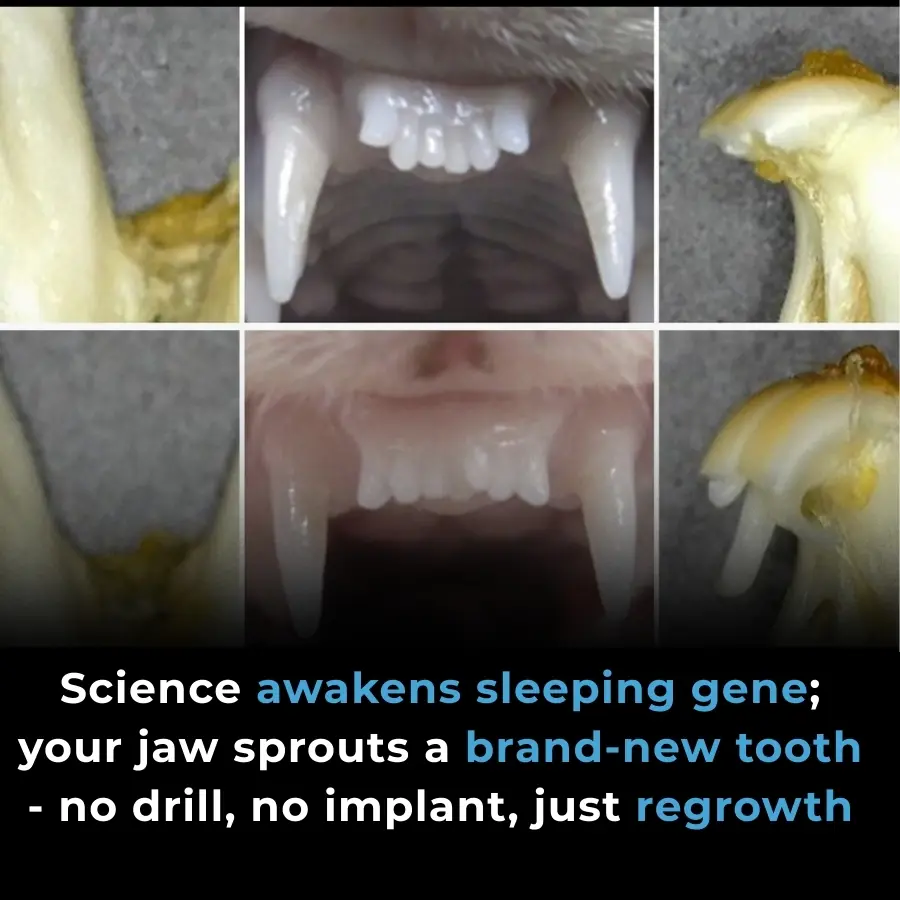
Japanese Scientists Launch Human Trials for TRG-035, a Drug That Could Regrow Lost Teeth Naturally

A Fluorescent Breakthrough: New Dye Helps Surgeons Precisely Target Prostate Cancer

The Shocking Secret of Spider Flight: How Electric Forces Lift Them Into the Sky

When a Humpback Whale Became a Hero: The Extraordinary Rescue of Marine Biologist Nan Hauser

🤯 Beyond the Void: How Quantum Physics Suggests the End of Life Is an Illusion

Mauro Morandi: Living 33 Years in Complete Solitude on a Remote Italian Island

🧠 Medical Marvel: The Bullet That Accidentally Cured Severe OCD

One simple scoop a day can spark full-body healing — here’s what happens next
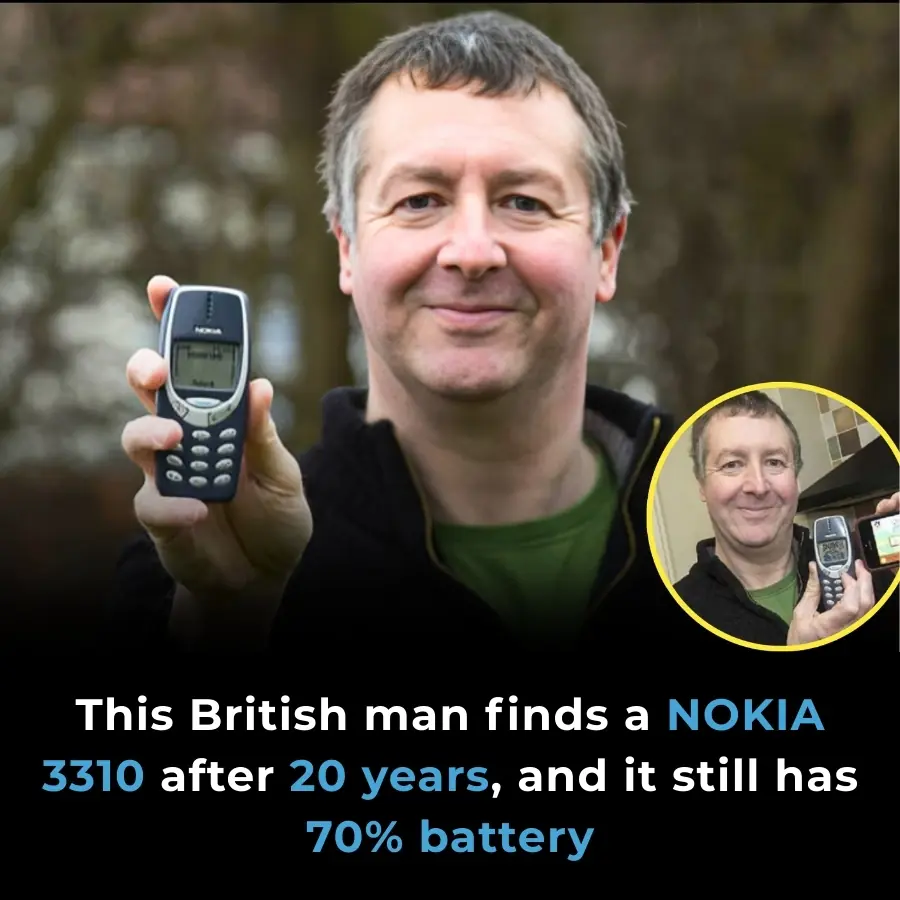
Twenty-Year-Old Nokia 3310 Still Holds 70% Battery, Highlighting the Longevity of Early Mobile Phones
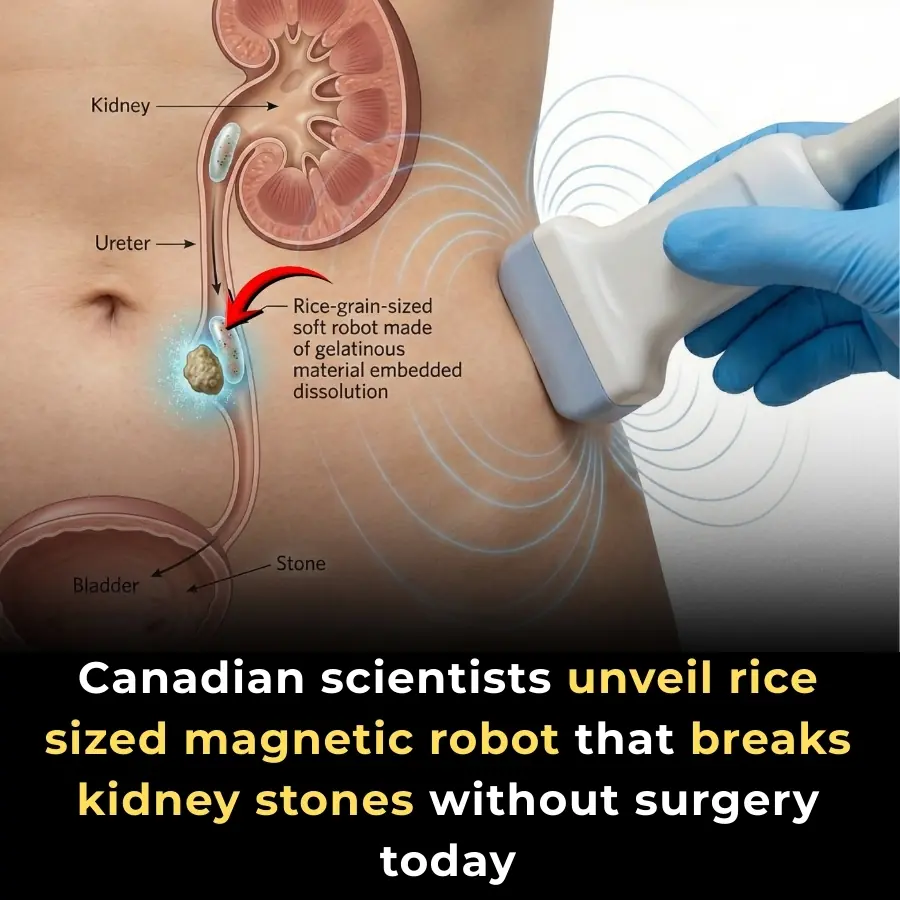
Magnetic Rice-Sized Robot Could Revolutionize Non-Invasive Kidney Stone Treatment

4 Unusual Morning Pains You Should Never Ignore — They May Signal a Hidden Tumor

Quick & Easy Freezer Defrost Hack: Melt Ice in Just 5 Minutes with Zero Effort

A Love That Never Looked Away — The Story of Ron and Cheryl.
